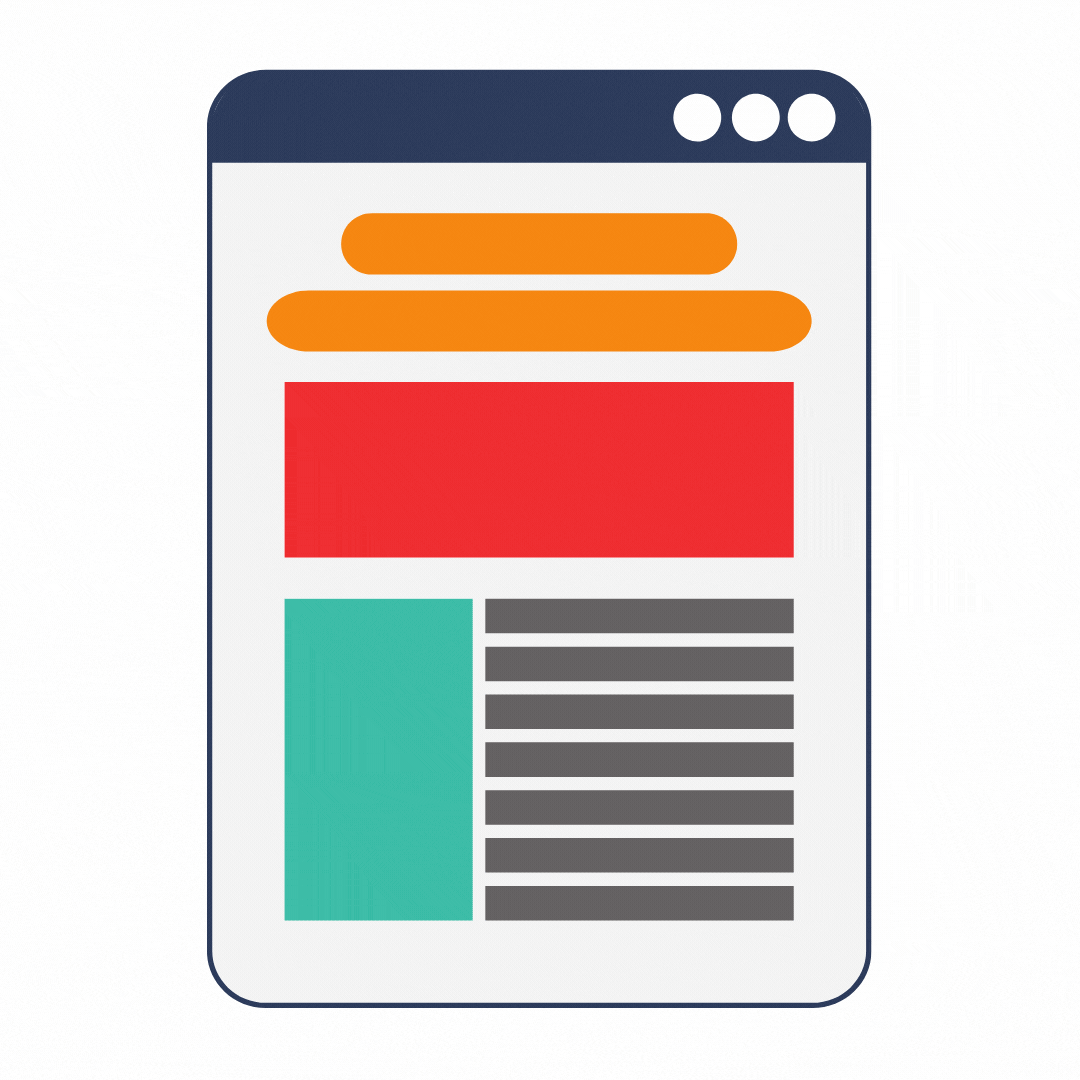Model Pembelajaran Integratif MKWK Melalui Metode Problem Based Learning (Inovasi Pembelajaran di Era VUCA)
DOI:
https://doi.org/10.29407/b4fzvz82Keywords:
Integrative learning model, Problem based learning method, student exchangeAbstract
Learning MKWK (Compulsory Curriculum Subjects) Higher education which consists of subjects on religion, Pancasila, citizenship, and Indonesian is included in the national curriculum. This means that the four courses must be carried out by all study programs in tertiary institutions. The four courses, which have been carried out independently, in this paper are proposed to be carried out in an integrated manner in one class with 4 supporting lecturers. Through an integrated CPMK, classes are first grouped into 4 groups according to the number of courses. In accordance with the jigsaw cooperative learning type, the four groups are the original group. Each group is taken one member and become a group of experts. Expert group 1 as religious experts represented group 1 of origin, expert group 2 as Pancasila experts, group 3 as citizenship experts, and group 4 experts as Indonesian language experts. The MKWK integrative learning model can be applied in realizing the MBKM program, especially in the form of student exchange learning activities: 1) in different study programs within PT, 2) in the same study program outside PT, and 3) in different study programs outside PT, and what is more ideal is to do it in inter-island tertiary institutions.
References
Fogarty. 2023. “Fink’s Tasonomy Applied to Works-Integrated Learning: An Audit of Success Strategies Acounting Student Employ During Recrutment”. Int. J. Work. Learn. Vol 24. Tersedia: https://www.ijwil.org/files/IJWIL_24_1_1_17.pdf.
Hermawan. 2022. Pembelajaran Kooperatif Tipe Jigsaw. Model, Implikasi, dan Implikasinya. Yogyakarta: Bintang Pustaka.
Ibrahim dan Muhamad Nur. 2010 Pengajaran Berdasarkan Masalah. Surabaya: University Press.
Jonassen, “‘All Problems are Not Equal: Implications for Problem-Based Learning,’” vol. 2, 2008, [Online]. Available: https://docs.lib.purdue.edu/ijpbl/vol2/iss2/4/.
Kemendekbud, “Keputusan Nomor 24/E/KPT/2020 tentang Pedoman Pelaksanaan Mata Kuliah Wajib Kurikulum Pendidikan Tinggi”.
Kemdikbud. 2020. Buku Pedoman Merdeka Belajar Kampus Merdeka. Jakarta: Direktorat Jenderal Pendidikan Tinggi Kemdikbud RI.
Michelle J dkk, “Local Indigenous Perspective and Partnerships: Enhancing WorksIntegrated Learning,” Int. J. Work. Learn., vol. 23, pp. 129–137, 2022, Available: https://www.ijwil.org/files/IJWIL_23_2_129_137.pdf.
Mulyono. 2022. Penguatan Mata Kuliah wajib Kurikulum (MKWK) Pendidikan Tinggi: Perspektif Analisis Kebijakan. Tersedia: https://www.uinjkt.ac.id/232078-2/
Sutejo dan Sujawoko. Bahasa Indonesia: Mahir Berrbahasa untuk Prfesi. Yogyakarta: Terakata.
Sockalingan, ““Characteristics of Problems for Problem-Based Learning: The Students’ Perspective”,” Interdidisciplinary J. Probl. Learn., vol. 5, 2011. https://docs.lib.purdue.edu/ijpbl/vol5/iss1/3/.
Downloads
Published
Issue
Section
License
Copyright (c) 2023 Sujarwoko

This work is licensed under a Creative Commons Attribution-ShareAlike 4.0 International License.




